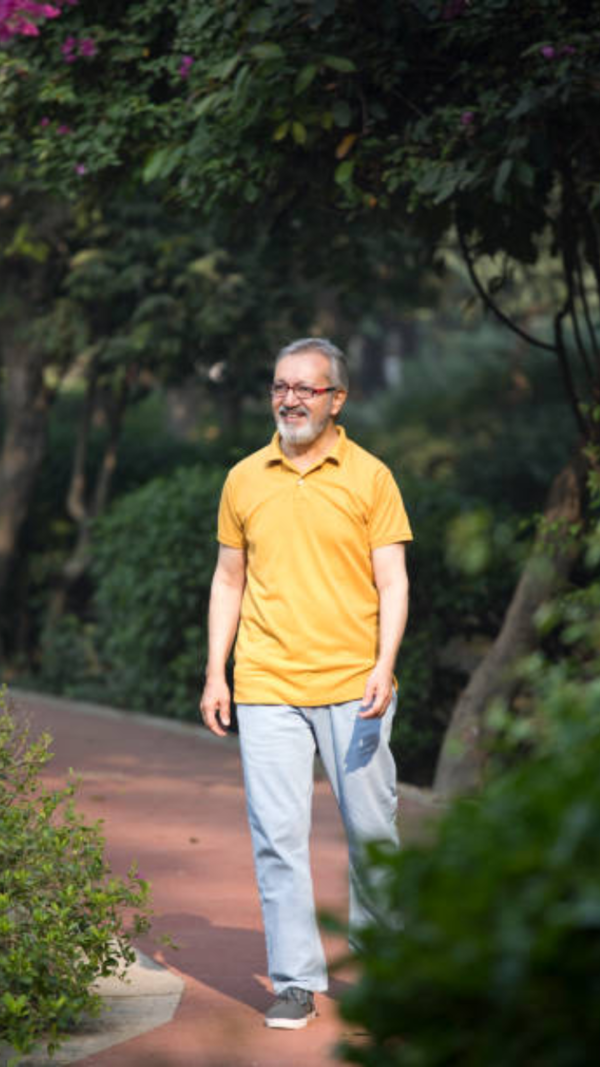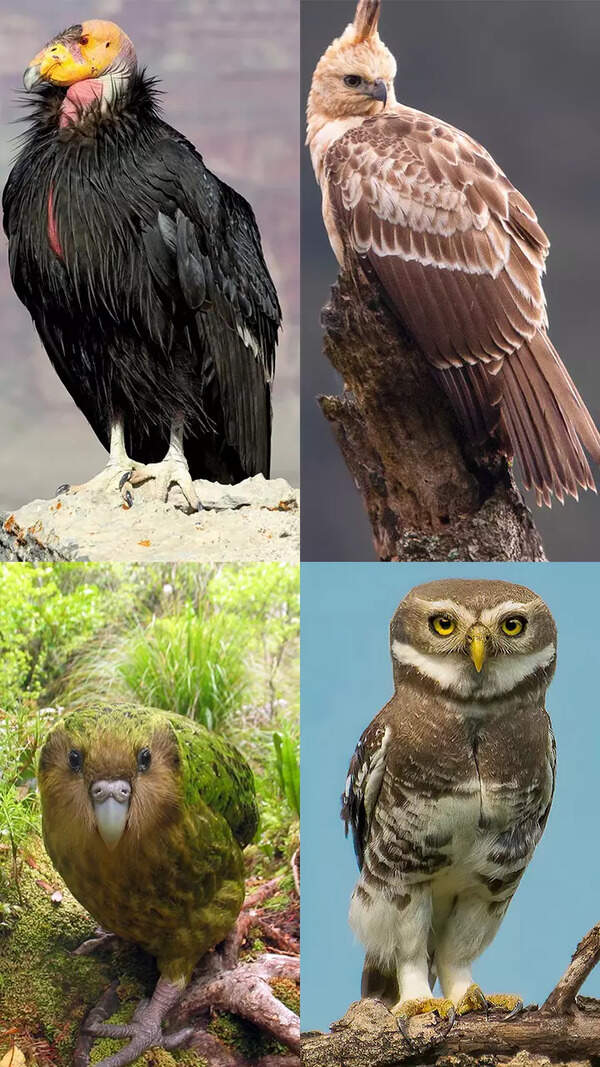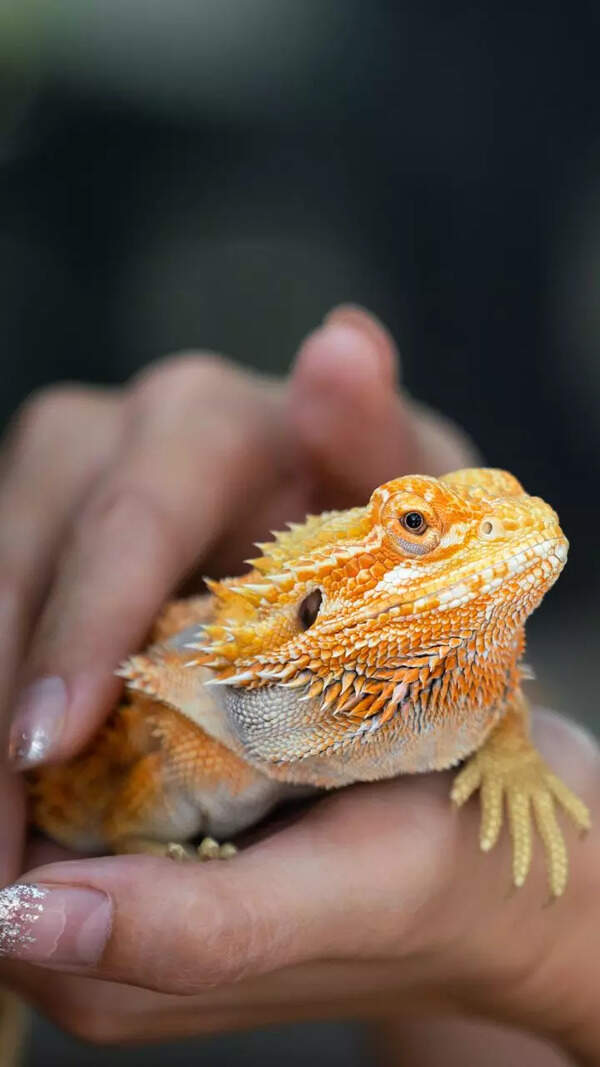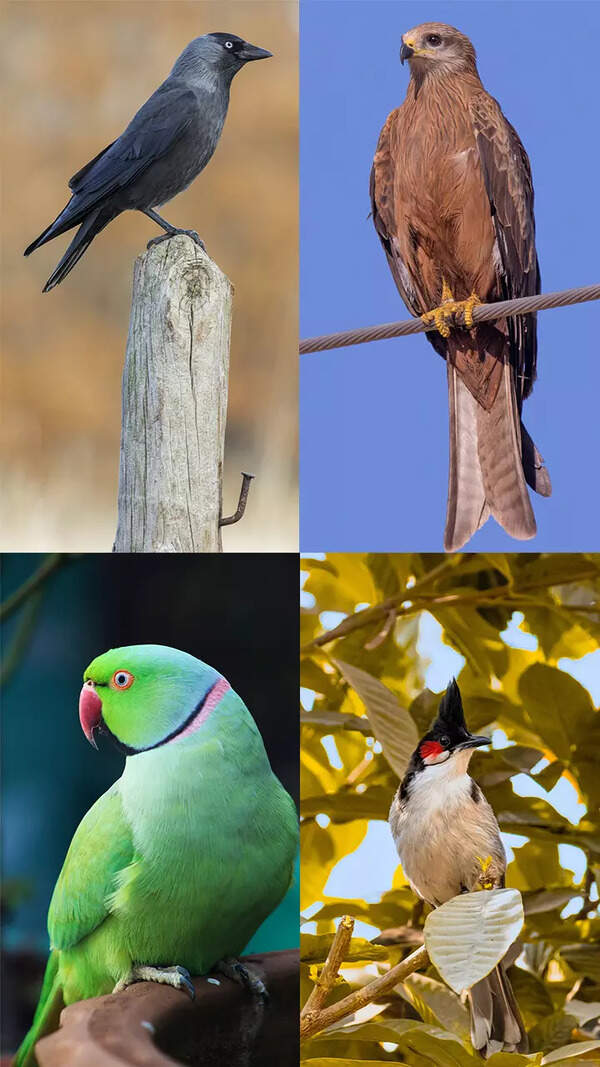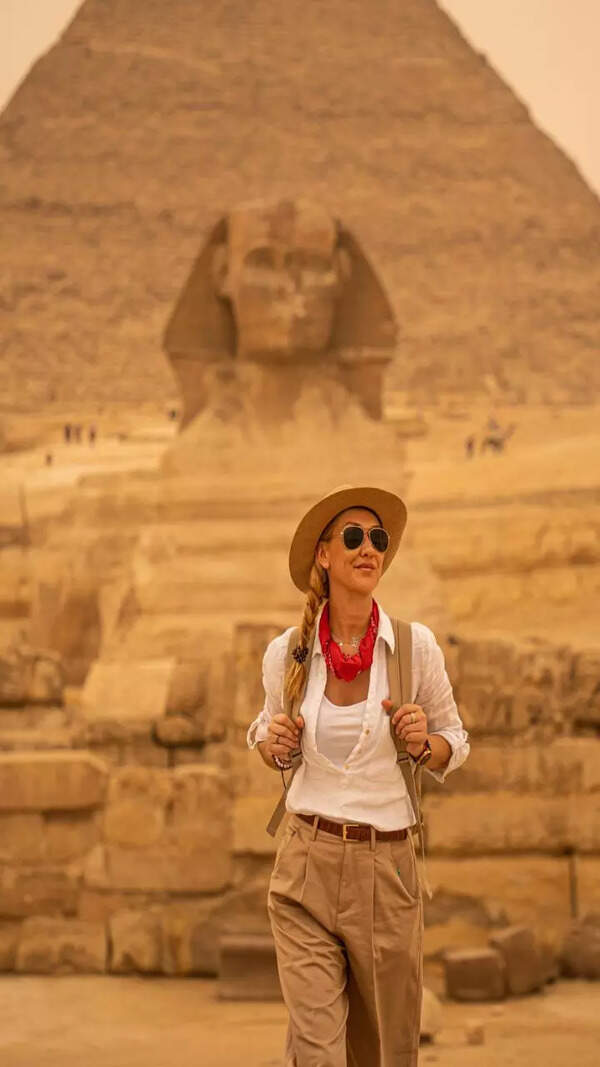- News
- City News
- chandigarh News
- Jalandhar West bypoll: How political, religious affiliations of Bhagat community changed in 30 years
Trending
Jalandhar West bypoll: How political, religious affiliations of Bhagat community changed in 30 years
The Bhagat community in Jalandhar has witnessed significant changes in their political and religious affiliations over the past 30 years. Originally Arya Samajists, many have now turned to following Bhagat Kabir. The community's political support has shifted from Congress to BJP.
In the last few decades, not only political affiliations, the community’s members have also changed their religious practices.Originally known as Megh caste and now better known as Bhagat, the entire community migrated from Sialkot during Partition. Primarily a weaver’s community, Bhagats switched to sports goods manufacturing in a big way in Sialkot and brought the craft to Jalandhar. The community largely supported the Congress till the BJP wooed them away.

In their religious belief, the community largely followed Arya Samaj. But in the last few decades, a major part of the community has started following Bhagat Kabir. Footfall in Arya Samaj temples has decreased. Instead, Kabir temples have been built in the last few decades. Over the years, the symbolic shobha yatra on the eve of Kabir Jayanti has grown much bigger.
Arya Samaj to Kabir
“Of 17-18 Arya Samaj Ved temples in Jalandhar, 11-12 belong to Bhagat community. When our people came here, over 90% were Arya Samajists. Then, over three decades back, a transformation started and they started becoming Kabir panthi. Now, Arya Samaj has a scanty following, and the footfall has decreased at Arya Samaj temples,” said Dr Shiv Dyal Maali, a former senior medical officer who remained president of Arya Samaj temple, Garha, established in 1947, and is now chairman of Arya Model High School, being run on the temple premises.
He said mixed practices were also being followed in the community, as marriage and death ceremonies even in families following Bhagat Kabir were still held according to Arya Samaj rituals. “First Kabir temple was built here in 1956 and some members of the community worked a lot to spread the message of Satguru Kabir in the community, and slowly a change started happening. Mahant Rajpal, who died in 2011, had worked a lot to bring Kabir ‘panth’ in our community. In the last three decades, a major transformation has taken place. Now we have 12 Kabir temples in Jalandhar. Numbers have been swelling in the last two decades,” said Mahant Jagdish Das, a religious leader of the community while sitting at Satguru Kabir temple in Bhargo camp.
“Around 20 years ago, we started marriages at Kabir temple around Kabir Bijak Granth and the trend has been picking up. Rituals around death are also changing. There are still mixed practices as several, who otherwise follow Kabir Ji, also follow Arya Samaj rituals on marriage and death,” Das said.
Ram Lal, another community member, said those who settled in villages went towards Sikhism and those in cities followed Arya Samaj.
Changing political affiliations
Enquiries from Bhagat community members revealed that their community was almost entirely with the Congress, and this corresponded with Arya Samaj dominance among them. Prominent Congress stalwarts of that time were also Arya Samajists.
Mohinder Bhagat’s father Chunni Lal, who also turned out to be first sports industry entrepreneur from the community after working as an employee at a sports goods manufacturing unit, was one of the first few members of the community to join Jan Sangh, the earlier avatar of BJP.
Mohinder had earlier told TOI that at that time, several members of their community had even boycotted them for joining Jana Sangh and would even admonish him for going to the shakhas of RSS.
Chunni Lal remained at several organisational posts in the BJP. In 1997, he was pushed into an electoral battle as he got the party ticket to contest the assembly election from the Jalandhar South constituency and won. He won in 2007 and 2012 also, and became leader of BJP legislature party in 2012, thus becoming a Dalit face of the saffron party.
“When my father became Jana Sangh MLA from Jalandhar South in 1967 and 1969, Bhagat community was almost hostile towards Jana Sangh, but he started cultivating community leaders from among them. Later, when he had to shift to Jalandhar Central after delimitation and Jalandhar South was reserved, Jana Sangh and BJP always gave tickets to Bhagat community leaders. Chunni Lal was the first leader to taste victory. Path for him was paved by those who contested and lost earlier,” said Manoranjan Kalia while speaking to TOI.
End of Article
FOLLOW US ON SOCIAL MEDIA


